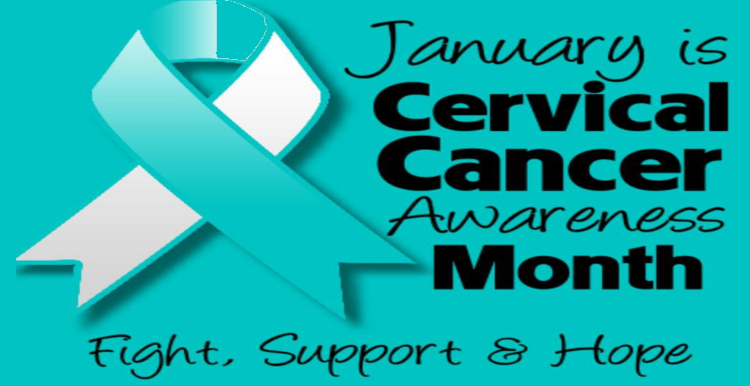Brighton & Hove cervical screening rates lowest in south east

Screening rates are at a 19 year low and every day 9 women in the UK are diagnosed with cervical cancer and 3 women lose their lives to the disease.
Statistics also show that the number of women aged 25-29 years of age being screened for cervical cancer is the lowest in any age group.
Cervical cancer is the most common cancer in women under 35 but is largely preventable thanks to cervical screening and the HPV vaccination programme.
Surveys undertaken by cancer charities point to embarrassment and a lack of understanding of the causes of cervical cancer may be behind the fall in numbers attending.
The number of women dying from cervical cancer has halved over the past 28 years as a result of the NHS screening programme as well as improvement in treatment.
Despite this success over 5,000 women are diagnosed with cervical cancer each year. The majority of women diagnosed have delayed coming forward for screening. This can affect their ability to have early changes treated.
Maria's Story
Brighton mum of two Maria said:
“In March 2010 I had a smear test. I was 37 years old and hadn’t been for a screening for 8 years, I’d been busy with my children and there was always something that came up to put me off going. When the results came back I was told they had found stage 1 cervical cancer - I was devastated.”
Following two operations Maria has been cancer free for 6 years and is now leading the Jo’s Cervical Cancer Trust Brighton support group.
Raising Awareness
Dr Alison Taylor, NHS England Deputy Medical Director for the South East and a Shoreham GP said:
NHS England and Public Health England are supporting European Cervical Cancer Prevention Week which runs from January 22-28. The Surrey and Sussex Screening and Immunisation team are working with GP practices to increase awareness and encourage them to support Cervical Cancer Prevention Week.
The week aims to raise awareness of the importance of cervical screening and its role in preventing cancer, as well as encouraging women to go for their screening test when invited.
Dr Taylor added:
Robert Music, Chief Executive for Jo’s Cervical Cancer Trust said:
The Pledge
NHS England has signed up to the Jo’s Cervical Cancer Trust ‘Time to Test’ pledge demonstrating commitment to raising awareness of cervical cancer prevention in the workplace and ensuring female employees can access cervical screening.
The pledge states:
The health of our employees comes first and if employees cannot make appointments out of working hours, we will find a way to make sure they can attend cervical screening, even if it means doing so during their working day.
More Information
- Last week was European Cervical Cancer Prevention Week, a European-wide initiative led by the European Cervical Cancer Association (ECCA). It aims to raise awareness of cervical cancer and how it can be prevented.
- Throughout the week NHS England and Public Health England will be using social media channels to raise awareness of the facts around cervical cancer and the screening programme
- Research undertaken by two leading gynaecological cancer charities indicates that lack of awareness and embarrassment may result in women not attending for screening when called.
-
The What Women Know Report by the Eve Appeal conducted was published in 2010 in the aftermath of the high profile death from cervical cancer of celebrity Jade Goody. It revealed one in four women found talking about gynaecological symptoms embarrassing even with friends and family.
-
A subsequent survey published in September 2015 revealed 85% of respondents agreed that discussing the symptoms of gynaecological cancer more openly could help save lives. A further 34% stated that they would feel more comfortable talking about gynaecological health problems if the sexual stigma surrounding these issues were reduced.
- Cervical screening is offered to all women aged 25 to 64 years old, with women aged 25 to 49 screened three yearly and women aged 50 to 64 screened every five years.
- The HPV vaccine is given to girls at school when they reach 12 and 13. It is still important for women who have been vaccinated to practice safe sex and to take up screening when they reach 25 (the vaccination was introduced in the 1990’s)
-
Please see the leaflet produced by Cancer Research UK which explains how to reduce your risk of cervical cancer, what signs and symptoms to look out for and what cervical screening is.
Note:
The statistics contained in this article are national figures.
Regional figures are below.